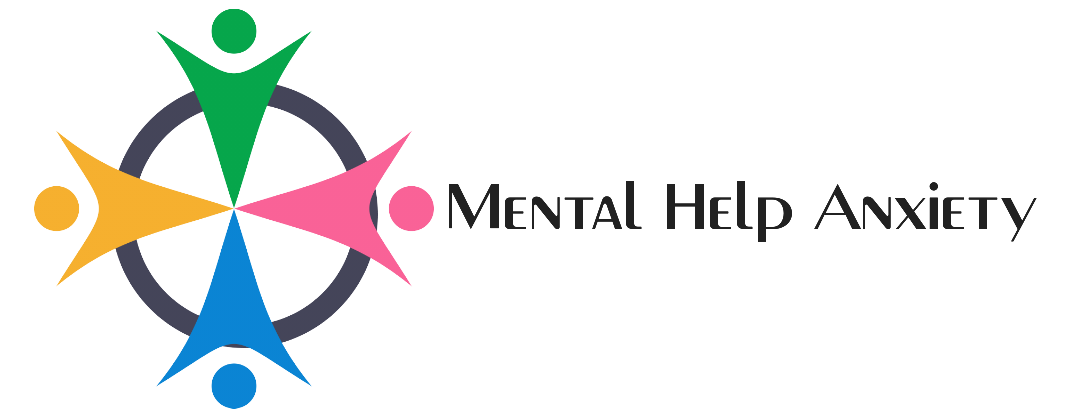Whether dreams have meaning has fascinated humanity for millennia, captivating the minds of philosophers, psychologists, and curious individuals alike. From the ancient civilizations that believed dreams were messages from the gods to the modern era, where dreams are often viewed through the lens of psychology and neuroscience, the quest to understand the significance of our nightly visions remains a compelling and frequently controversial topic.
The Historical Perspective
Historically, dreams were seen as profound and meaningful experiences, often regarded as divine messages or omens. In ancient Egypt, for example, dreams were believed to be communications from the gods, with dream interpreters holding significant power within society. The Greeks and Romans also emphasized dreams, viewing them as prophecies of the future or reflections of divine will. In these cultures, dreams were often thought to contain hidden knowledge or guidance, offering insight into personal and collective futures.
The Bible and other religious texts are replete with references to dreams as a medium through which divine will is revealed. Figures like Joseph and Daniel are portrayed as dream interpreters who uncover God’s intentions by analyzing symbolic dream content. This tradition of viewing dreams as meaningful continued into the Middle Ages, where they were often associated with spiritual or moral guidance.
The Psychological Perspective
The advent of modern psychology brought a significant shift in how dreams were understood. Sigmund Freud, the father of psychoanalysis, revolutionized the study of dreams with his seminal work, The Interpretation of Dreams (1900). Freud proposed that dreams are a window into the unconscious mind, where repressed desires, fears, and conflicts are played out in symbolic form. According to Freud, dreams’ seemingly nonsensical and bizarre images represent our most profound, often taboo, thoughts and feelings. For Freud, dreams were meaningful, but their meanings were hidden beneath layers of symbolism, requiring careful analysis to uncover.
Freud’s ideas were further developed by his protégé, Carl Jung, who also believed in the significance of dreams but differed in his interpretation. Jung proposed that dreams reflect the unconscious mind’s attempt to communicate with the conscious self. He introduced the concept of the collective unconscious, a shared reservoir of human experiences and archetypes that appear in dreams. For Jung, dreams were personal and universal, containing symbols that resonate across different cultures and time periods. Jungian dream analysis focuses on understanding these symbols to gain insight into the individual’s psyche and journey toward self-realization.The Best Exercises for Mental Health
In the 20th century, other psychological theories emerged, offering different perspectives on the meaning of dreams. For example, the activation-synthesis theory, proposed by neuroscientists John Allan Hobson and Robert McCarley, suggested that dreams result from the brain’s attempt to make sense of random neural activity during sleep. According to this theory, dreams have no intrinsic meaning; they are simply the brain’s way of interpreting electrical signals. This view challenges the traditional notion that dreams are purposeful or meaningful, suggesting they are a byproduct of brain function.
Neuroscientific Insights
In recent decades, advances in neuroscience have provided new insights into the nature of dreams, leading some to question the meaningfulness of dreams from a biological perspective. Research into the stages of sleep, particularly REM (rapid eye movement) sleep, has shown that dreaming occurs during specific phases of the sleep cycle when the brain is highly active. Studies using brain imaging techniques have revealed that areas of the brain associated with emotion and memory, such as the amygdala and hippocampus, are particularly active during REM sleep. This has led to the hypothesis that dreams may affect emotional regulation, helping individuals process and integrate emotional experiences.
While neuroscientific research has deepened our understanding of the mechanics of dreaming, it has also fueled the debate over whether dreams have meaning. Some scientists argue that dreams are a random byproduct of brain activity, lacking any real significance. Others contend that even if dreams are biologically driven, they can still have psychological meaning, reflecting the brain’s attempt to process and make sense of emotions, memories, and experiences.
The Cultural and Personal Significance of Dreams
Despite the scientific skepticism, many people continue to believe in the meaningfulness of dreams on a personal and cultural level. Dreams often reflect the dreamer’s waking life, incorporating elements of their daily experiences, emotions, and concerns. For some, dreams provide insight into unresolved issues or offer creative solutions to problems. Artists, writers, and musicians have often drawn inspiration from their dreams, seeing them as a source of creativity and innovation.
Cultural beliefs about dreams also significantly influence how they are interpreted and valued. In some Indigenous cultures, for example, dreams are considered a vital aspect of spiritual life, serving to communicate with ancestors, spirits, or the natural world. Dream-sharing rituals and practices are daily in these cultures, emphasizing the collective importance of dreams and their role in community life.
In modern psychology, therapeutic approaches such as Gestalt and cognitive-behavioral therapy (CBT) often incorporate dream analysis for self-discovery and personal growth. By exploring the symbols and emotions in dreams, individuals can better understand their inner world, leading to greater self-awareness and emotional healing.
Conclusion
Whether dreams have meaning is not quickly answered, as it touches on multiple dimensions—historical, psychological, neuroscientific, and cultural. While some scientific perspectives suggest that dreams are merely a byproduct of brain function, others maintain that they hold psychological significance, offering insight into our unconscious minds and emotional lives. Furthermore, cultural beliefs and personal experiences continue to shape how we understand and value our dreams.
Ultimately, the meaning of dreams may depend on the lens through which we choose to view them. Whether seen as messages from the divine, reflections of the unconscious, or random neural activity, dreams remain a mysterious and intriguing aspect of the human experience. The quest to understand their meaning, if any, continues to captivate our imaginations, inviting us to explore the depths of our minds and the mysteries of the sleeping brain.



